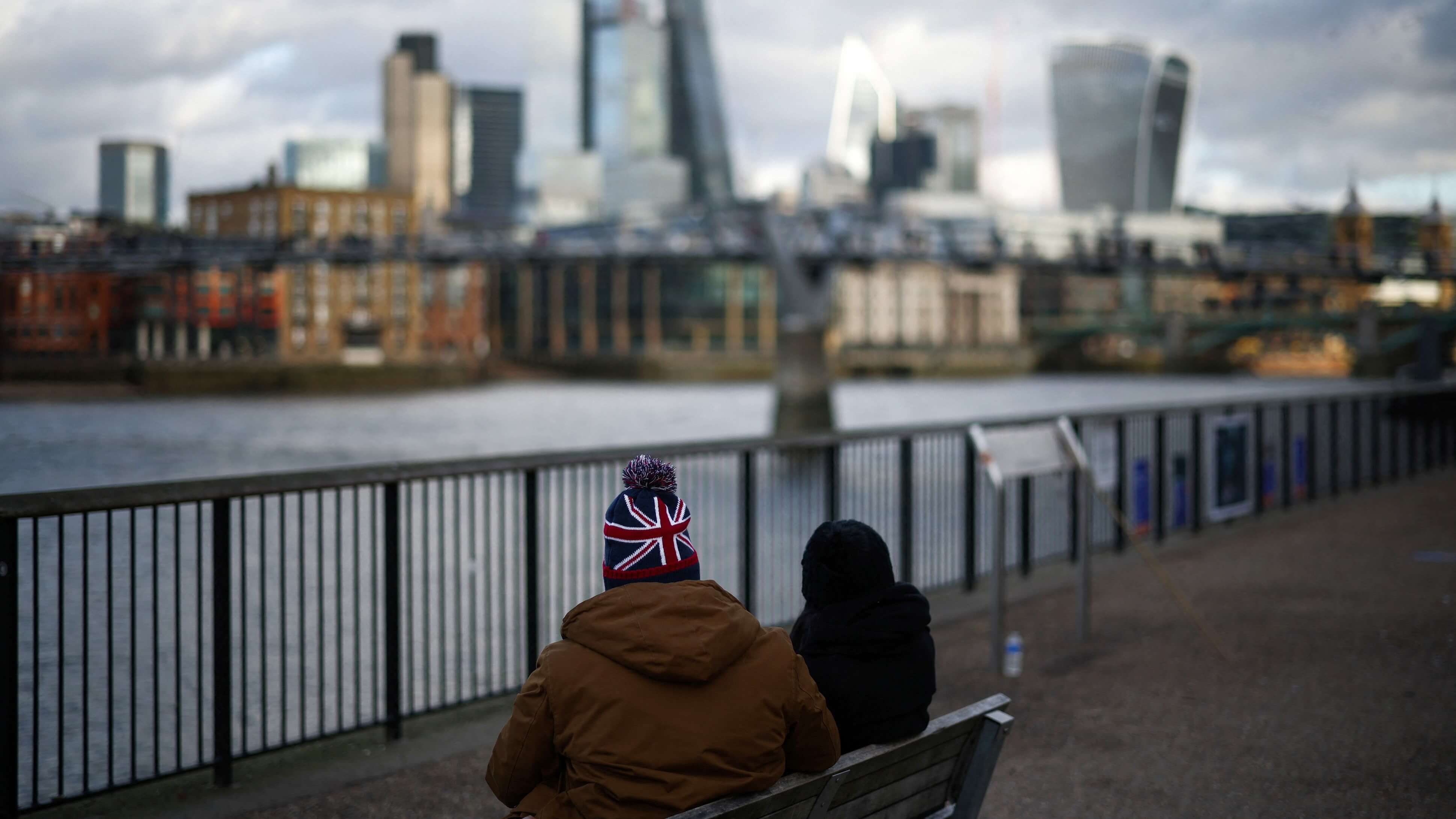The organisation has urged caution on rising government borrowing, warning that elevated debt levels could undermine public finances
OECD Revises Up UK Economic Growth, But Inflation Remains A Concern
The organisation has urged caution on rising government borrowing, warning that elevated debt levels could undermine public finances

The Organisation for Economic Cooperation and Development (OECD) has revised its forecast for the UK economy, projecting stronger growth than previously expected.
In an update released on Wednesday, the OECD now predicts that the UK will see faster growth this year compared to major economies like Japan, Italy, and Germany, placing it joint second among G7 nations, behind only the United States.
The OECD has raised its forecast for UK economic growth in 2024 to 1.1%, a substantial improvement from the 0.4% projected in May, following the country's recovery from a mild recession at the end of 2022. The outlook for 2025 remains steady at 1.2%.
This positive revision is attributed largely to robust consumer spending, spurred by rising wages and easing inflationary pressures. However, the OECD noted that business investment in the UK remains subdued, reflecting ongoing caution in the corporate sector.
Despite the stronger growth outlook, the UK is expected to face the highest inflation rate among G7 nations. The country's inflation, which stood at 2.2% in August, is projected to average 2.7% throughout 2024 and remain at 2.4% in 2025, according to the OECD report.
This could continue to strain household budgets as the cost of living remains a pressing concern for many families.
The OECD's global assessment suggests that the world economy is gradually stabilising after being hit by the dual shocks of the Covid-19 pandemic and Russia's invasion of Ukraine. Lower inflation and reduced borrowing costs are anticipated to bolster economic activity in most major economies.
However, the organisation has urged caution on rising government borrowing, warning that elevated debt levels could undermine public finances and restrict spending on essential services.
Germany, in particular, has been singled out as facing a slower recovery due to high food prices and sluggish wage growth. In contrast, UK workers have seen wage growth outpace inflation, leading to a boost in real incomes—a key factor behind the country's unexpectedly resilient consumer spending.
While the UK’s economic outlook has improved, the high inflation rate remains a challenge for households and policymakers alike, as the country seeks to balance growth with the rising cost of living.
Thanks for signing up to Minutehack alerts.
Brilliant editorials heading your way soon.
Okay, Thanks!


